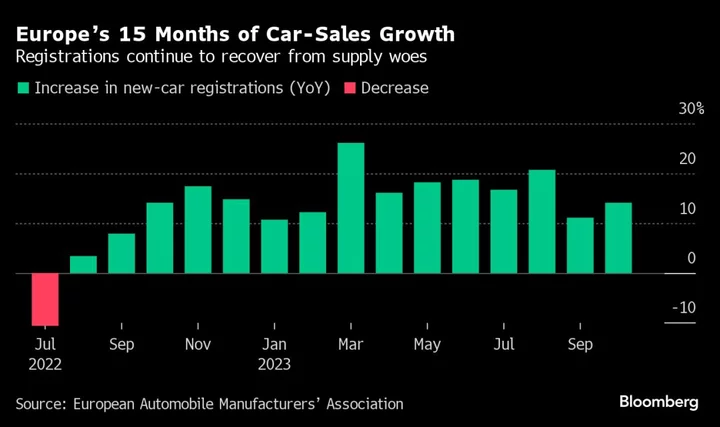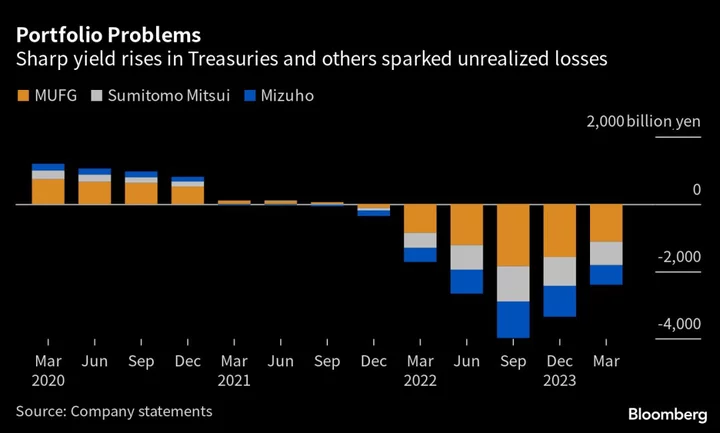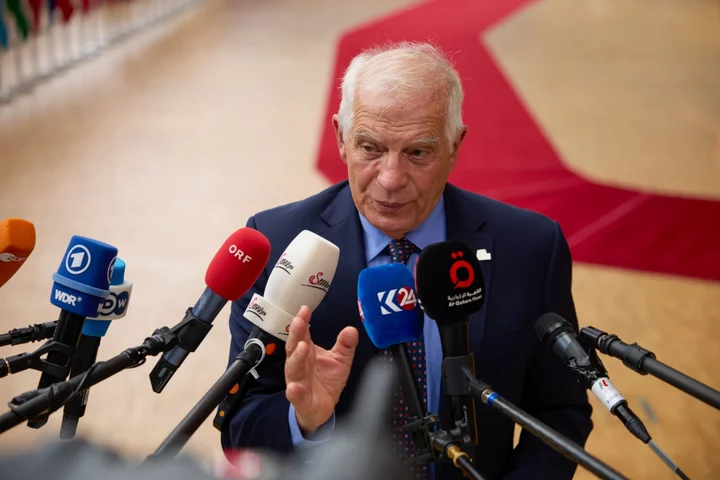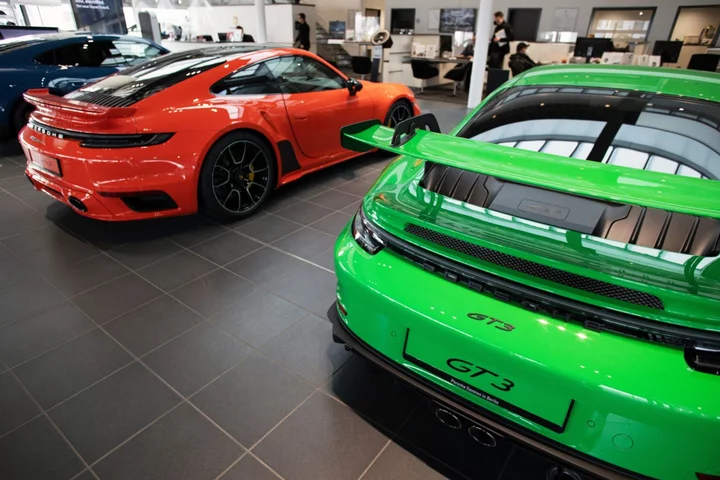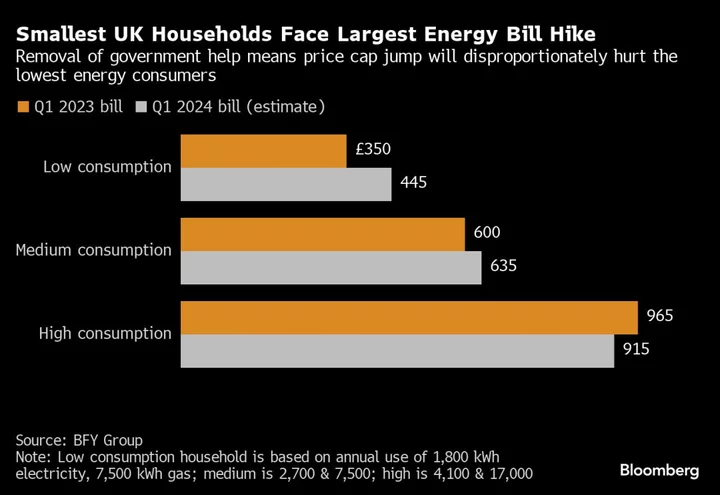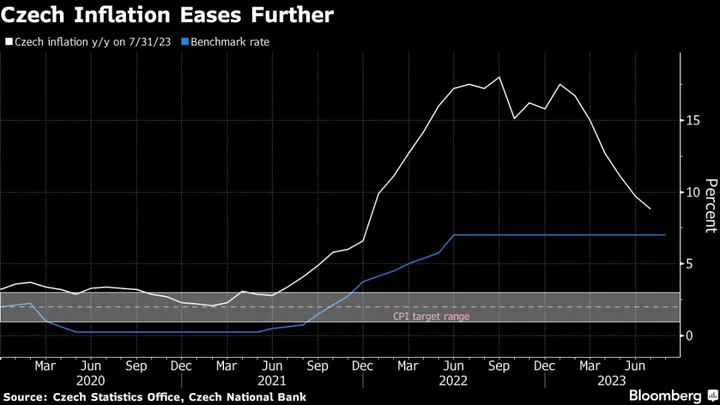Passenger-car deliveries in Europe increased for a 15th month in October even as inflation and higher borrowing costs weighed on consumer demand.
New-car registrations rose 14% from a year earlier to 1.04 million units, the European Automobile Manufacturers’ Association said Tuesday, as manufacturers continued to work through order backlogs. Sales of electric vehicles made up about 15% of total deliveries.
Years of supply-chain disruptions have left Europe’s car market with high order banks that have buoyed sales as the economic outlook weakened. While the 20-nation euro-zone is likely to dodge a recession, consumer demand for EVs has shown weakness and the region’s biggest economy, Germany, has stagnated.
In France, where registrations jumped 22% in October, government subsidies are offsetting lackluster demand and supporting the country’s EV transition. Sales growth in Germany, Europe’s largest car market, dwindled to less than 5% last month after Berlin ended state subsidies for company EV purchases and leases. EV sales there grew a meager 4.3%.
Read more: German Economy Chief Warns of Major Blow From Budget Ruling
Home to Volkswagen, BMW, Mercedes-Benz and Tesla’s sole European manufacturing hub, Germany faces more uncertainty about its green initiatives after a ruling from the country’s top court last week jeopardized some climate spending plans. The fallout for the car industry remains unclear, but the decision could affect future investment in the country’s chip industry and the rollout of charging stations, developments that could impede the transition to EVs.
Europe’s car industry is still bracing for the possibility that trade terms with China could worsen after the European Commission started a probe into Beijing’s support for Tesla Inc., BYD Co. and other local carmakers. The investigation, which also involves BMW AG and other western manufacturers exporting EVs to the EU, is expected to last roughly a year and could see Brussels impose additional import duties and retaliatory measures from China.

